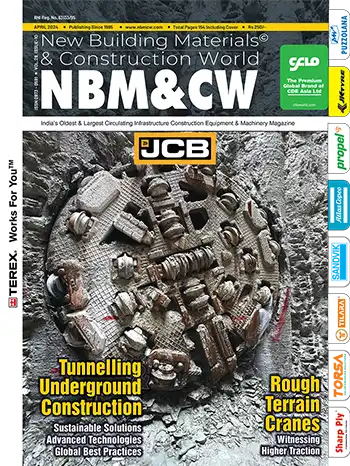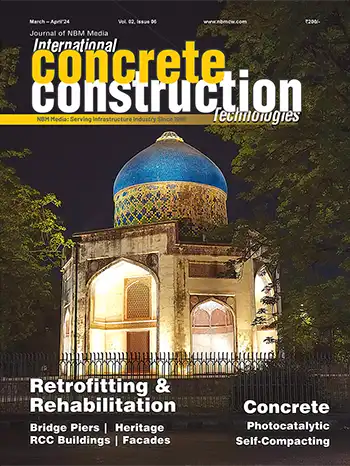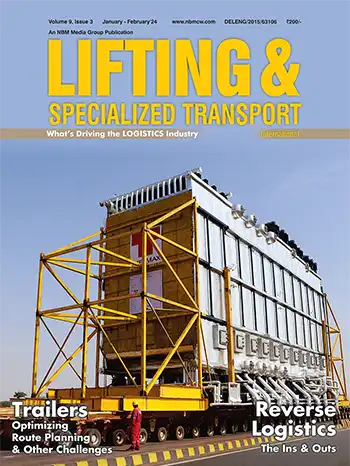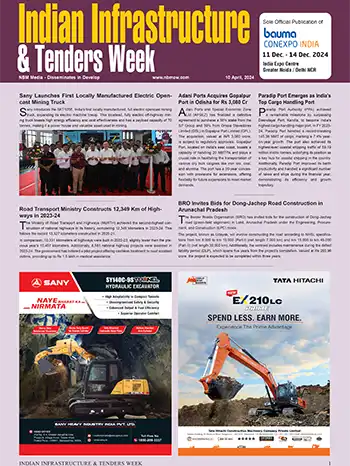Prashant Singh - Blue Planet Environmental Solutions

Prashant Singh, Co-Founder & CEO, Blue Planet Environmental Solutions
Led by the guiding principles of the circular economy, the Infra Construction Industry is gradually transforming; it is recycling waste materials for their reusing in projects, embracing modular construction, and designing with deconstruction in mind. Local sourcing, energy efficiency, and stakeholder collaboration guided by supportive regulations and standards are driving the transition. Use of longer-lasting materials, Building Information Modeling (BIM), and innovative models like “product as a service” are further amplifying the industry’s sustainability efforts. This shift towards circular practices will not only reduce waste but also extend the life of structures, helping the industry become more sustainable.
The way forward
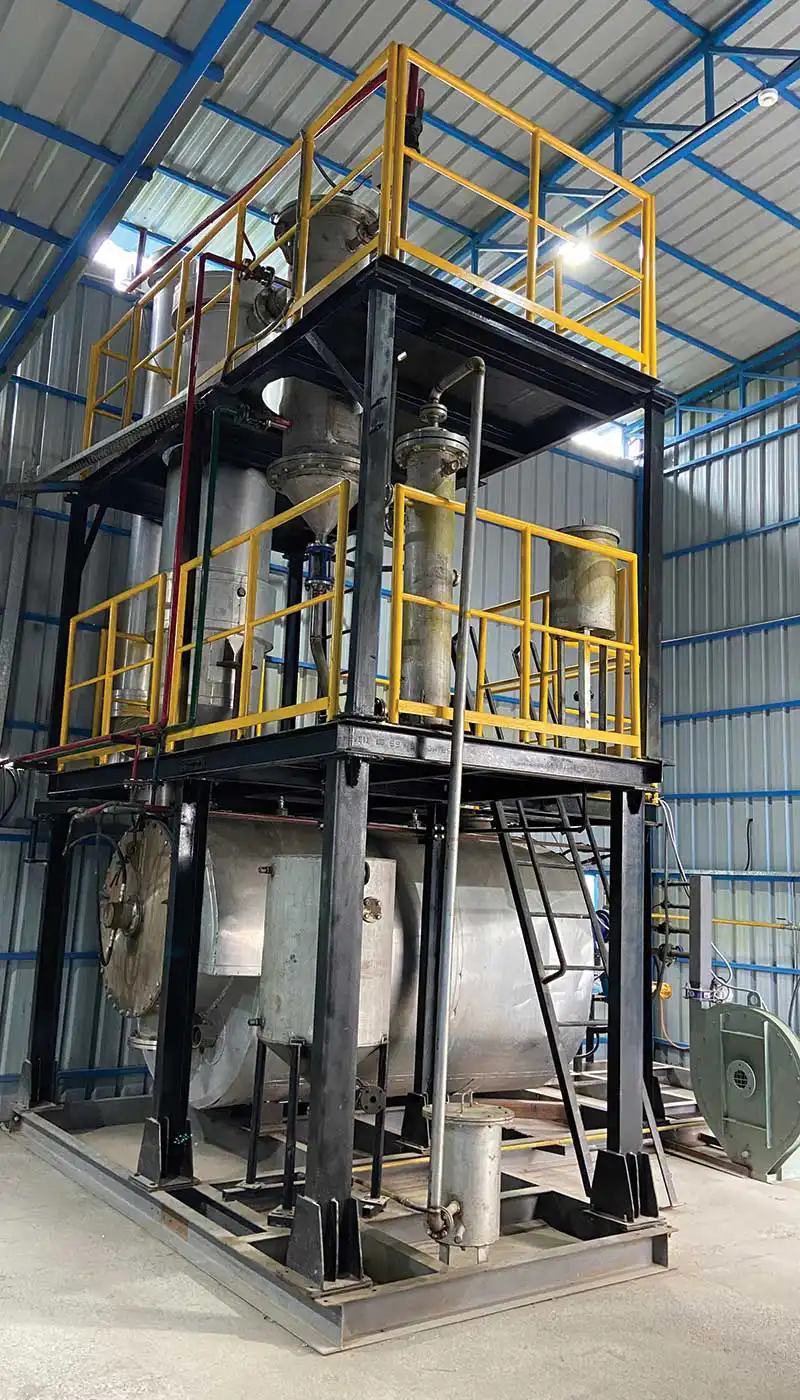
In the Union Budget 2022-23, the Government presented some rules and policies for achieving circular economy goals. They included the Battery Waste Management Rules 2022, Plastic Waste Management (Amendment) Rules 2022, and e-Waste Management Rules 2022 to bring forth waste disposal standards for manufacturers, importers, and bulk consumers. The government has also formulated various action plans across ten sectors to reuse secondary materials.
The construction industry can collaborate with organizations, governments, and experts in the field from different countries to share knowledge, resources, and to work together to create innovative solutions.
Support for ‘waste to wealth’ mission
Yet, challenges persist viz. material quality variance, regulatory alignment, and technical limitations. To make the concept of ‘waste to wealth’ a reality, there must be collaborations between government and industry. Governments can enforce use of recycled materials, grant tax benefits and other incentives, encourage investment in advanced recycling infrastructure, organise awareness programs on the positive impact of recycling /reuse. Manufacturers can invest in R&D and form alliances with recycling facilities. Certifications for recycled goods and closed-loop supply chains will further incentivise the industry.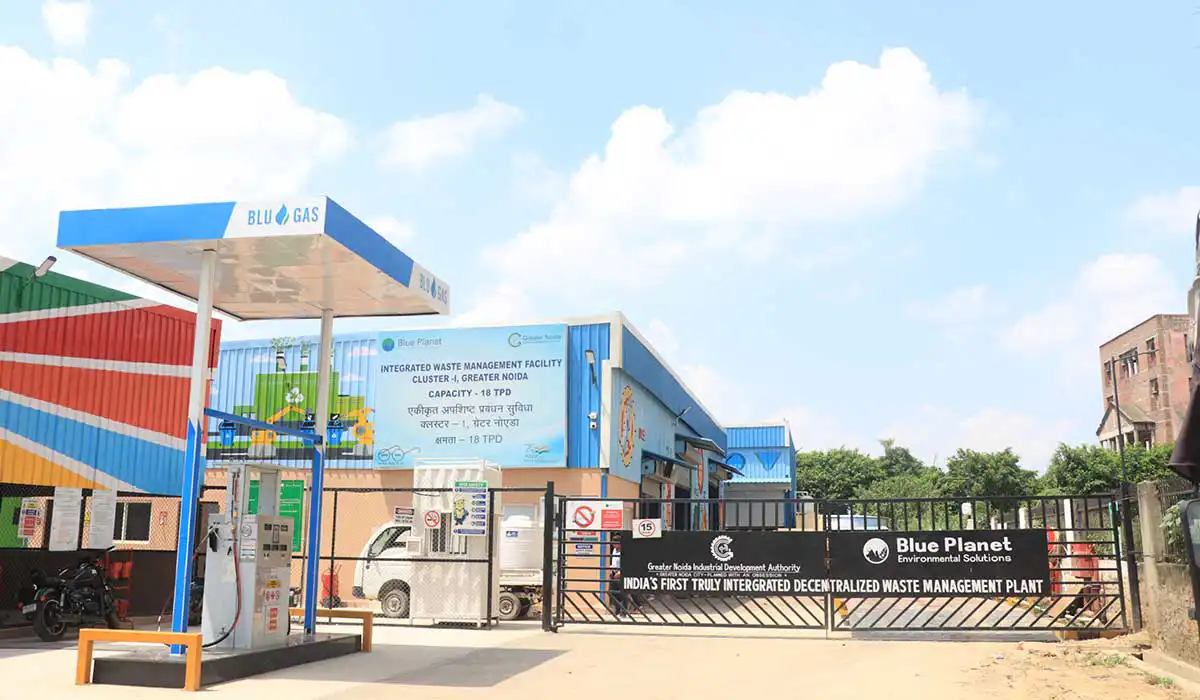
Stakeholders’ engagement, improved supply chain logistics, awareness, robust quality control, adherence to standards, and ongoing research is needed to catalyse adoption to a circular economy. Manufacturers can develop sustainable products, plan waste reduction strategies, and incorporate eco-friendly practices into their businesses. The ultimate aim is to help curb waste, conserve valuable resources, and bring environmental sustainability and economic prosperity.
NBM&CW SEPTEMBER 2023














